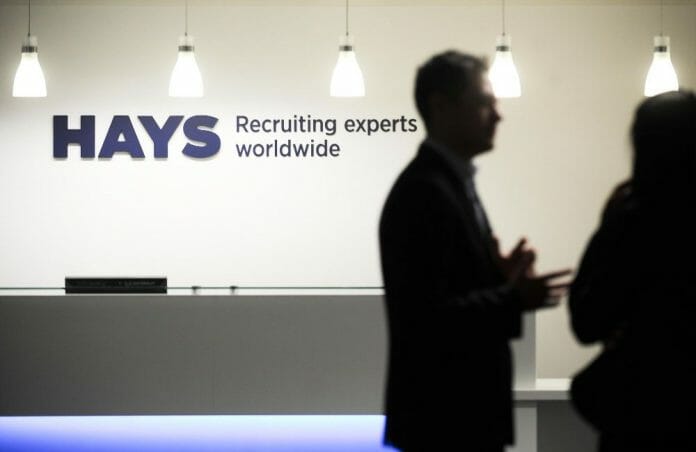More Malaysian employees agree with their latest work arrangement policy post-Covid than not, a new study from Hays found.
In a statement today (Feb 16), the global workforce solutions and specialist recruitment said the study amongst 2,014 skilled professionals in Malaysia and its impact on employee satisfaction in the workplace found 74% had agreed on the abovementioned.
“Meanwhile, 52.7% of respondents received communications from their leaders suggesting that they believe culture and team morale can only be established through more face-to-face interactions,” it said.
Among employees who disagree with their current work arrangement policy, the ‘Flexible Working in 2024’ survey discovered that 69.2% of them currently work fully on-site or at least four days per week in office.
However, Hays said opinions regarding who should establish the organisation’s work arrangement policy were divided among respondents.
“32.0% say this is up to the sole discretion of leadership, whilst 29% believe it should be a shared decision-making process. Notedly, only 5.9% say it should be entirely up to them.
The online study conducted in late 2023 also found multinational companies offer more flexible working days to their employees compared to local companies.’
Hays Southeast Asia managing director Tom Osborne said contrary to the commonly perceived tension between employers and employees, the majority of employees are receptive to the work arrangement adjustments needed to meet business priorities.
“To ensure these arrangements are tailored to benefit all parties, employers should continue engaging the workforce in their considerations,” he said.
Hays Malaysia regional director Natasha Ishak said while candidates has a preference for companies with flexible working options, having the platform to engage and openly discuss with teammates are just as crucial.
“Having the right avenue will inculcate sense of corporate value and belonging. Aside from that, feeling sufficiently challenged in their role were also important considerations to candidates as this will determine their growth and learning curve in an organisation,” she added.









